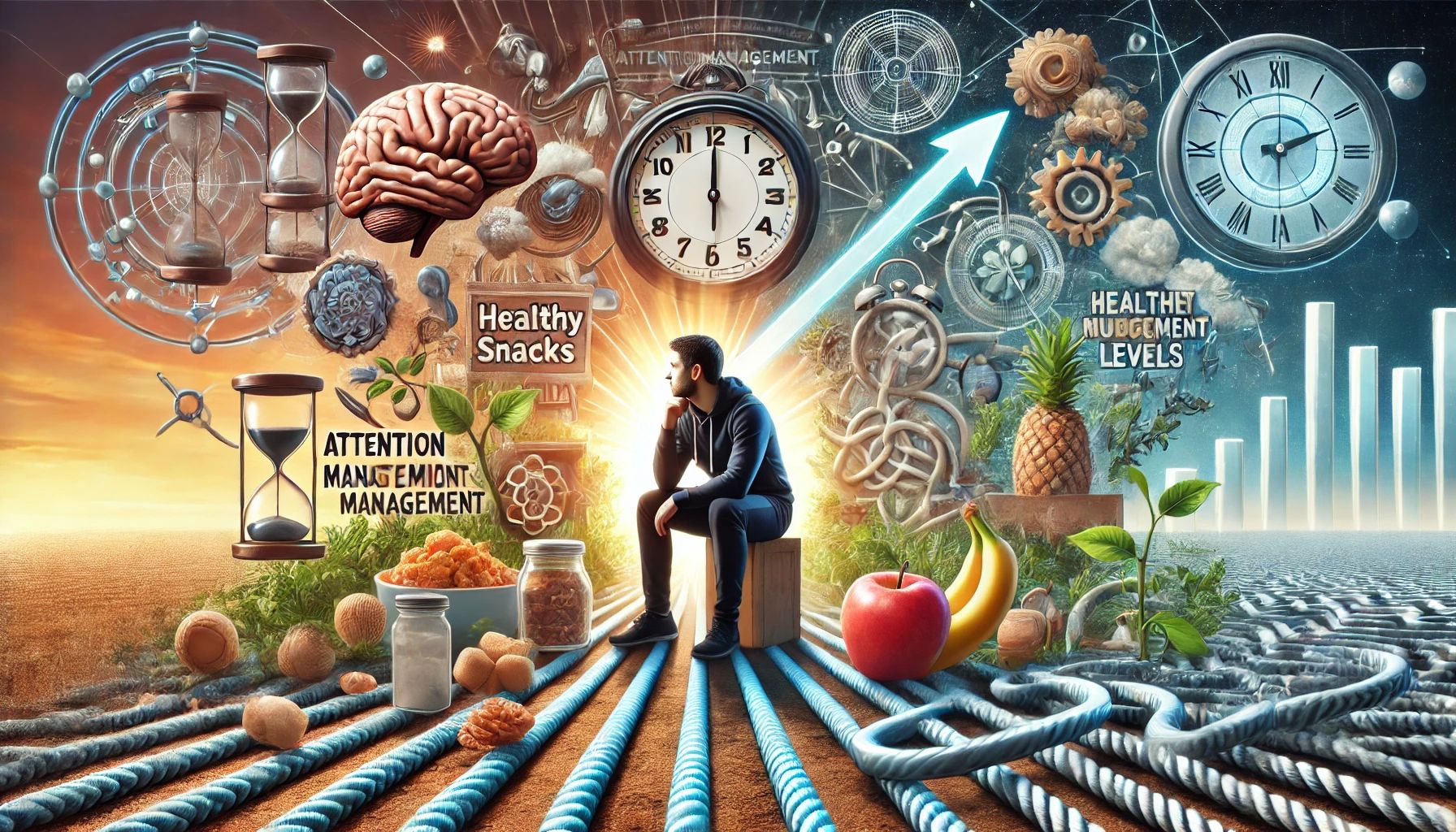
Scattered Attention Achieving personal goals often demands concentrated effort, as the brain defaults to easier, albeit less beneficial choices when distracted. Stanford's Professor Baba Shiv illustrated this with students opting for chocolate over fruit when preoccupied. Maintaining focus helps resist such temptations.
Glucose Levels University of South Dakota researchers propose that self-control weakens due to glucose depletion. Their study showed participants with higher blood sugar were more patient, choosing delayed $450 over immediate $120. Boosting glucose levels improved self-restraint, crucial for long-term goals.
Exhaustion from Exertion Willpower parallels muscle endurance: it fatigues and recuperates. Psychologist Roy Baumeister observed that exerting control in one area weakens it in others. Smokers quitting may turn to desserts, while emotional restraint affects financial decisions, highlighting finite willpower resources.
Unintended Consequences of Good Intentions Baruch College researchers noted McDonald's sales of Big Macs rose with healthier menu additions. Offering healthier options paradoxically increased less nutritious choices. This "licensing effect" occurs when choosing a virtuous option (salad) permits indulgence elsewhere (burger), influencing consumer decisions.
Guilt and Fear Attempts to motivate through guilt backfire, inducing stress that drives comfort-seeking behaviors like overeating or excessive spending. Similarly, contemplating mortality increases impulsive spending, as fear prompts seeking immediate gratification.
Understanding these psychological factors can empower individuals to overcome barriers, enhance self-control, and achieve lasting personal growth.


